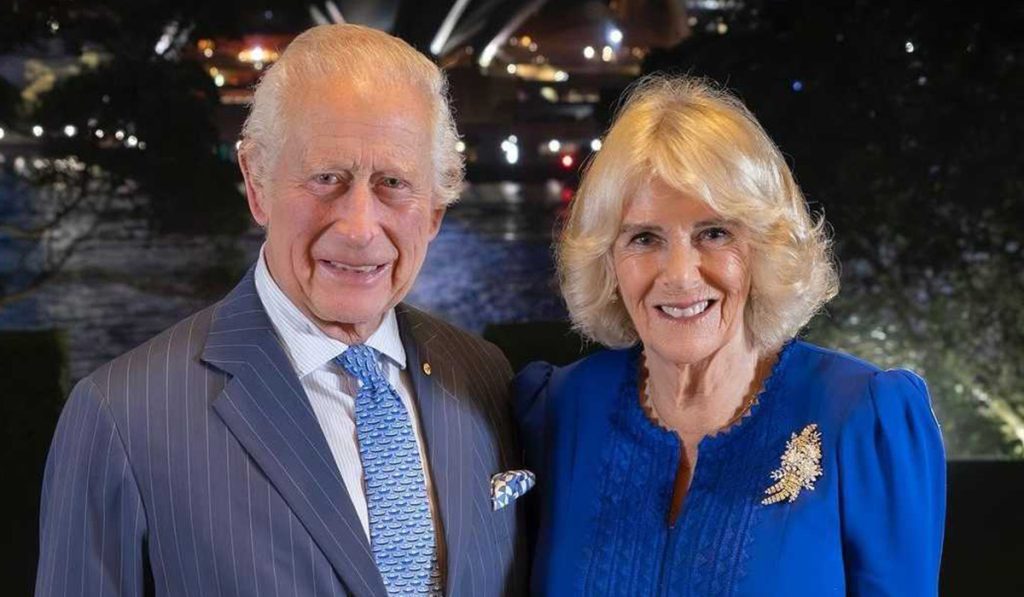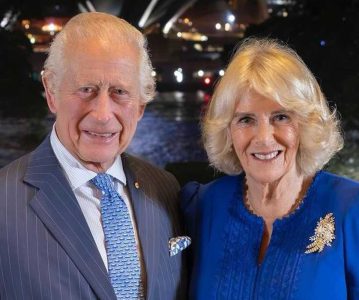The recent visit of His Majesty King Charles III to Australia has reignited debates around colonialism and sparked a renewed drive to re-evaluate Australia’s ties to the British monarchy. For many Australians, the visit stirred up uneasy feelings about the country’s colonial past and raised questions about its future as a constitutional monarchy.
These conversations echo a broader reckoning with colonial legacies that is reshaping not only Australia’s national identity but also the field of Communication for Development (ComDev), where pressure grows to confront origins, power structures, and practices that still reflect colonial hierarchies and often silence voices from the Global South.
Australia’s colonial past
As a former British colony, Australia bears the painful legacies of colonization on its Indigenous people, who suffered widespread loss of life, displacement from their lands, and the erasure of cultural practices and languages.
The imposition of colonial rule brought traumatic impacts that endure today, from the ‘Stolen Generations’ – where thousands of Aboriginal children were forcibly removed from their families up until the 1970s – to the systemic racism that, until recent decades, formed the basis of official government policy. Although Australia has made efforts to address these injustices, including establishing the first National Sorry Day in 1998 and issuing a formal apology in 2008, as well as paying hundreds of millions in reparations payments, the damage of colonialism still reverberates within the fabric of the nation.
Enduring colonial ties

King Charles’ recent visit has become a potent symbol of these enduring colonial ties that still influence power dynamics, reminding Australians of the peculiar reality that, even after achieving full independence in 1986, they remain linked to a monarchy over 10,000 miles away. Australia remains one of the core members of the Commonwealth and as a constitutional monarchy it recognizes King Charles III as the Head of State.
Although the King’s role is largely symbolic, for many, it is puzzling that a distant monarch retains the role. This lingering connection to Britain prompts questions about whether a former colony that is now proud of its distinct national identity should continue to recognize a monarchy that once subjugated its Indigenous population.
Over recent years, Australia has made strides in amplifying Indigenous voices, acknowledging them as vital in understanding both the country’s history and its path forward.
Meanwhile, the movement to sever ties with the British monarchy aligns with a broader, global call to rethink development practices, challenging established structures and reframing development as a partnership led by those it impacts most. Today’s development communication must break from colonial frameworks and empower communities to control their own narratives. In Australia, digital media has become a crucial tool, giving Indigenous Australians and other marginalized voices new avenues for sharing their stories and reclaiming their heritage.
Australia’s move towards a republic
Yet, calls for Australia to become a republic have historically lacked political momentum, as past leaders often prioritized what they saw as more pressing issues facing ordinary Australians. Former Prime Minister Bob Hawke, when asked about his stance in 1983, famously remarked: ‘I believe we’d be better off as a republic but I don’t think it’s a matter of great importance.’
But today, many Australians see the monarchy as an outdated relic of an oppressive past. This year’s royal visit has opened old wounds, leading to renewed calls to leave colonial ties behind. In a statement, the Greens party said the visit served as a ‘visual reminder of the ongoing colonial trauma and legacies of British colonialism’, and the Australian Republic Movement mockingly dubbed it the monarchy’s ‘farewell tour’
The visit also embarrassingly made global headlines for an incident when King Charles was heckled in the Australian parliament by Senator Lidia Thorpe, an Aboriginal Australian politician who condemned him as a symbol of colonial violence and dispossession, telling him in no uncertain terms: ‘You are not our King’.
She called for the return of stolen land and Indigenous remains which highlighted the deep-seated frustration among Aboriginal Australians, who see the monarchy as emblematic of historical trauma, before she was escorted away by security.
For Australia, rethinking its relationship to the monarchy and moving toward republicanism is a symbolic but significant step in reclaiming its national identity.
King Charles’ visit has reawakened a national consciousness about colonial history and its lasting impact on Indigenous Australians. While the monarchy represents a cultural and historical bond, perhaps it’s time to consider severing this connection—a decision that would enable Australia to define its own path, free from the weight of its colonial past. As the country reflects on its history, many believe that breaking from the monarchy could be a final step in allowing Australia, and its Indigenous people, to step fully into a future built on equity, independence, and respect for all its citizens.


True reconciliation can only happen when Indigenous Australians regain control over their ancestral lands and the power to protect and sustain their cultural heritage. The prospect of Australia moving toward a republic is not a solution to this, but it does, however offer an opportunity to redefine national identity and to actively dismantle colonial frameworks that have marginalized Aboriginal communities for generations. This is not just a matter of breaking with the monarchy—it is about building a future that genuinely respects and upholds Indigenous sovereignty and rights… While Australia has begun to address these issues, I believe there is still a long way to go. The crown may have started the violence, but it is existing Australian policies that perpetuate the injustices. Thanks for sharing this blog, the first thing I am going to do after posting this comment is looking up the senator! A luta continua ✊🏾 for a more just world!
Well said, Miriam!